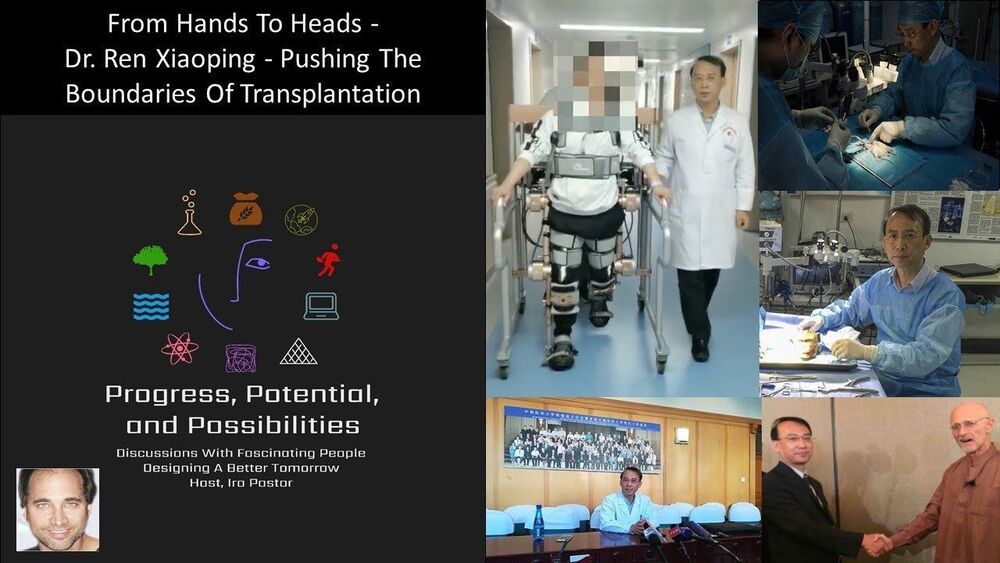When one mentions the topic of “head transplantation” (or a related topic – the “brain transplant”), for most people, it remains a topic purely in the context and sphere of science fiction.
Yet most people are unaware of the following history:
In 1908, Nobel Prize winner Alexis Carrel, a French surgeon who had developed surgical methods to connect blood vessels in the context of organ transplantation, collaborated with the American Charles Claude Guthrie perform the first head grafts between dogs.
In 1954, Vladimir Demikhov, a Soviet surgeon who conducted important work to improve coronary bypass surgery, performed experiments in which he grafted a dog’s head and upper body, onto another dog; the effort was focused on how to provide blood supply to the donor head and upper body.
In 1965 American neurosurgeon Robert J. White did a series of experiments in which he attempted to graft the vascular system of isolated dog brains onto existing dogs monitoring brain activity with EEG and also monitored metabolism, and showed that he could maintain high levels of brain activity and metabolism by avoiding any break in the blood supply. In 1970 he did four experiments in which he cut the head off of a monkey and connected the blood vessels of another monkey head to it.
From 1970–1994, Paul A. Pietsch was a Professor in the School of Optometry and an Adjunct Professor of Anatomy at Indiana University, and conducted and published on a long series of “brain shuffling” / transplantation experiments in regenerative organisms between salamanders and frogs.
